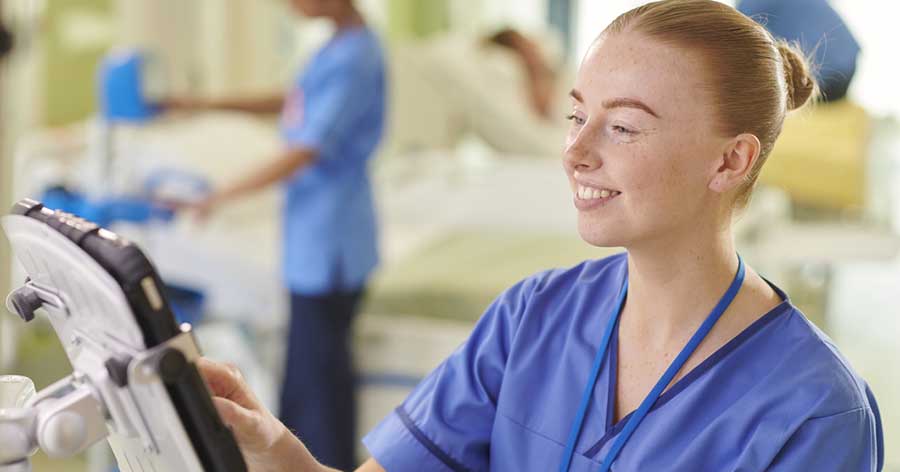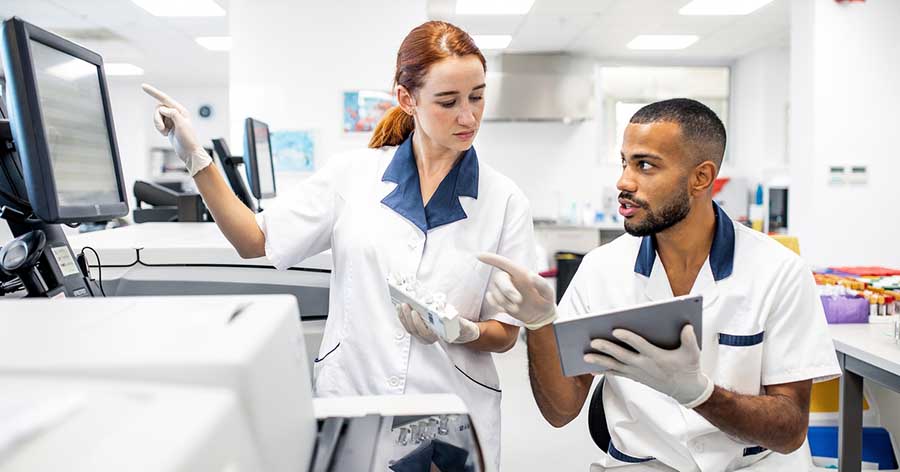Shared medical records
Q At a recent meeting of the DSNs working across Bristol, the problem of shared patient medical records was highlighted in view of the recent directive from the Department of Health. In the absence of an electronic shared patient record, accessible to all, we wondered how other teams keep combined records? The difficulty arises particularly with telephone consultations when medical records may not be available, and with individuals attending DSN appointments at the diabetes centre. We do not have space to store medical records for all people with diabetes, and recalling them from storage is costly and time-consuming for every face-to-face or telephone contact, but the benefits of having combined up-to-date shared records would be enormous. We wondered how other teams are coping with this, and would welcome any ideas.
Catherine Offer, DSN, North Bristol NHS Trust
A Combined record-keeping remains a difficult problem. The holding of what is broadly considered to be a “care plan” or “management plan” should not be considered the same as combined record-keeping. We are a community specialist team who have developed our own electronic tool based on medical, social and psychological assessment (McGees model of assessment) to meet service requirements. We have recently changed over to the Lorenzo system and are now able to easily access hospital systems and patient records on the move using laptops, dongles and Raz tokens. This allows the easy entry of records such as phone calls from a variety of clinical settings, ensuring up-to-date records that can be accessed by all of the team. We are continually developing this system which has come begun to tighten up the clinical governance issues of record keeping, demonstrating use of evidence-based practice and accountability.
Fiona Kirkland, Consultant Nurse for Diabetes, Staffordshire
A Paper records are a thing of the past as most of us in the community are moving towards electronic tools for record keeping, such as System or Rio. We are in the process of trialling TPP system-installed laptops which will be accessable to all community staff. This will allow the updating of patient records in a variety of settings and will be an invaluble tool for the telephone clinics.
Elizabeth Gregory, Diabetes Nurse Consultant, Herts Community Health Service
Drop-in diabetes clinics
Q I would be interested to hear from any DSNs with regard to the following questions:
- Does your service provide a “drop-in” clinic for people with diabetes?
- When is the clinic open? Do you have set allocated times?
- Do you have a protocol or guidelines for this service?
- What is the uptake level for the service?
- Is the service used correctly?
Angela Mills, Diabetes Specialist Nurse, Aintree University Hospitals





Developments that will impact your practice.
29 Aug 2025